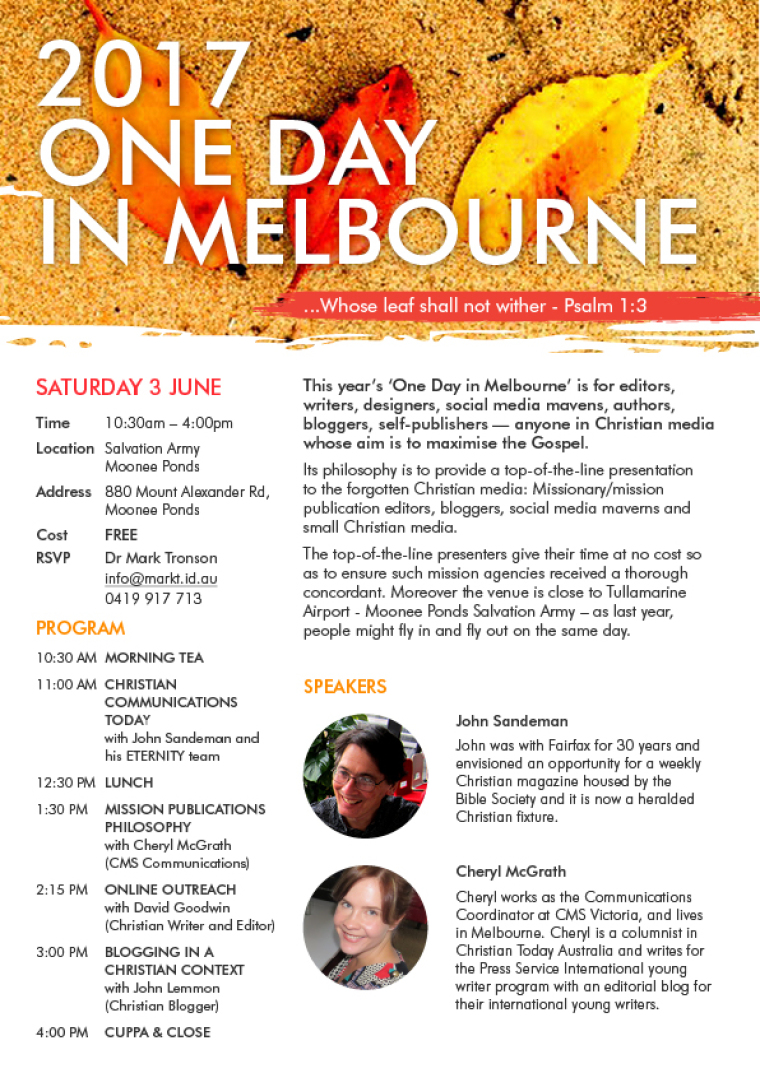
"Oh look," my little brother exclaims as he points out of the small aeroplane window, "the desert is weirdly red!"
The heat is waiting for us as we descend onto the tarmac at Alice Springs Airport. It is the middle of winter and I feel as though I am slapped in the face—a warm welcome from the Northern Territory. The impact is immediate and I feel its lingering harshness. A heavy heat; slightly draining, dry and consistent.
Once we are out of the airport, we can quickly sense a change in the way of life. I wasn't sure if it was the ranges surrounding Alice Springs or a knowing reality of isolation. I couldn't hear anything. It was a silent landscape. And I felt really small. The entire world seemed glorious in its expanse and here I was ready to tackle creation.
Red everything?

In Alice Springs everything is the epitome of the colour red. Red dirt, red cars, red shirt, red shoes, red rock, slightly orange painting, red wood, red floors, bricks, slightly orange sand, red, red, red, with a tinge of orange...
Wherever my family and I go we relish the heat; hear the silence of the landscape and feel small as we bask in the resplendence of great rocks. It is entirely captivating and alive.
We can't stop seeing the desert landscape. It is unseeable because it's everywhere. It's etched in our thoughts and camera rolls.
We are nonsensically content with the red dirt in our shoes, the dry wind making us cry and the money we have to pay to see the tourist attractions. We ignore the future, ponder the past and embrace the present wonder—the desert season.
Landscapes of life
I am walking the 6km walk around the base of Uluru and my mind is in creative overdrive. Words and sentences form in my mind and I see angles for pictures everywhere. I can't stop thinking and I am busily capturing, remembering and writing notes in my phone.
But it isn't until I breathe, take a seat on the bus and amazingly sit next to three other Christians that I know what I want to say. It is nestling itself in between the slightly orange rocks, red dirt and well worn path around Uluru.
It's the desert season.
You know, the dry, unfruitful seasons where things don't turn out as planned. Where the heat is rising in relationships, the temperature is unbearable, anxiety echoes through the drought and you are left with blurry vision and a sunburnt ego.
It's the seasons of loneliness, untouchable silence, piercing realities, dry faith, mess—we are crying out to be heard, to be hydrated. And it hurts, oh boy, does it hurt.
It's that place where we sowed seeds into a business endeavour, or shared a creative idea and it now lies lifeless on the desert floor in barren land.
I am not exempt from the desert season. We are not exempt from the desert season.
It is the season we don't want to face and when we do bump into it ever so casually, we want it over and done with as quickly and painlessly as possible. We cry out for rain, but often feel as if God has left us to fend for ourselves. Many live through this season in deep despair. Survival mode.

Journeying the desert
Nonetheless, walking around the base of Uluru and looking out into the harsh landscape I knew there was something deeply profound and beautiful about it.
What if the desert season offered us something uniquely positive?
What if there was a God-given sense of purpose to be found there?
What if weathering this season well brought us closer to the heart of the Father?
Before we give up and fall face down in the barren land, there may just be another way to look at the desert season.
In the dry days and stagnant nights, maybe we should stop long enough to listen, assess the situation and look at what is in front of our very eyes, take active steps, and plan.
What can you do to survive your desert season?
Emily Black is passionate about writing and seeks to write raw, authentic and timely pieces that disturb and comfort, engage justice and fundamentally empower. She is currently studying a Bachelor of Arts at The University of Melbourne and actively desires to pursue a life of untainted freedom through Jesus Christ.
Emily Black'sprevious articles may be viewed at http://www.pressserviceinternational.org/emily-black.html